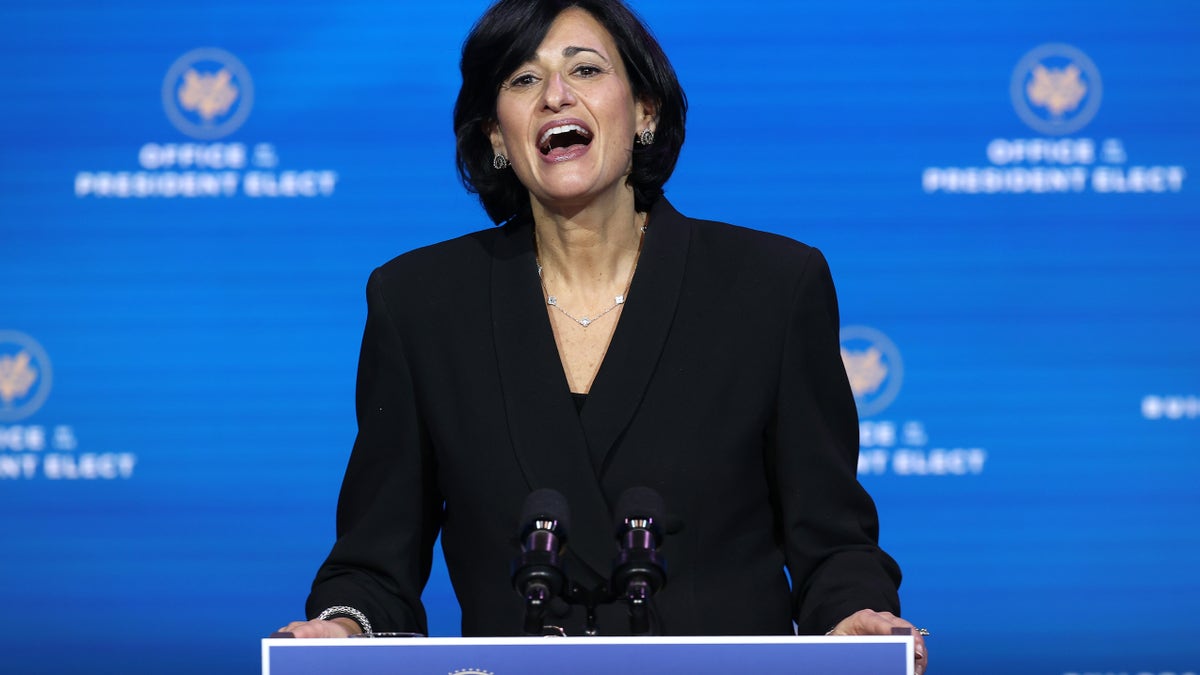NBC News medical correspondent praises Philadelphia mask mandate: it's 'flattening the curve'
Dr. John Torres says Philadelphia's mask mandate is important because it will make sure COVID-19 cases 'stay in control.'
NBC News' senior medical correspondent praised Philadelphia Monday for reinstating a mask mandate amid an uptick in coronavirus cases.
"I think they're doing the right amount of caution here, trying to get it under control, getting masks back on these public places, seeing what direction it goes," said Dr. John Torres on MSNBC's "Hallie Jackson Reports."
He also acknowledged that "some people" will criticize the mandate for being "overly cautious" but that "making sure those cases stay in control" and "flattening the curve, as we used to say," is crucial.
The Centers for Disease and Control does not currently recommend wearing masks indoors in places where community levels are low unless a person carries a particular risk – such as being immunocompromised. According to the CDC tracker as of Monday, Philadelphia's community level is low.

Dr. Rochelle Walensky, head of the CDC, in Wilmington, Delaware. (Chip Somodevilla/Getty Images)
"I have started to put my mask back on only because I know what’s coming … and these things lag a few days, so I’m trying to protect myself and my family by doing that when I go out into public places," Dr. Torres said. "That’s an option that we have and people can do that, but I think you’ll see more mandates happen as time goes on."

Dr. John Torres on MSNBC's 'Hallie Jackson Reports.' (MSNBC)
"Our city remains open; we can still go about our daily lives and visit the people and places we love while masking in indoor public spaces," Philadelphia Mayor Jim Kenney said after announcing the reinstatement of the mask mandate.

Philadelphia Mayor Jim Kenney departs in on May 19, 2015. (REUTERS/Mark Makela)
CLICK HERE TO GET THE FOX NEWS APP
Philadelphia's mandate, set to start on April 18, was reimposed amid rising cases of an omicron sub-variant called the BA.2 strain, infections within the U.S., and particularly, the Northeast.
"Recently we've been watching COVID-19 cases and hospitalizations rise in several European countries and some places in the U.S., and now were starting to see cases here in Philadelphia rise," Philadelphia Health Commissioner Dr. Cheryl Bettigole said.










































